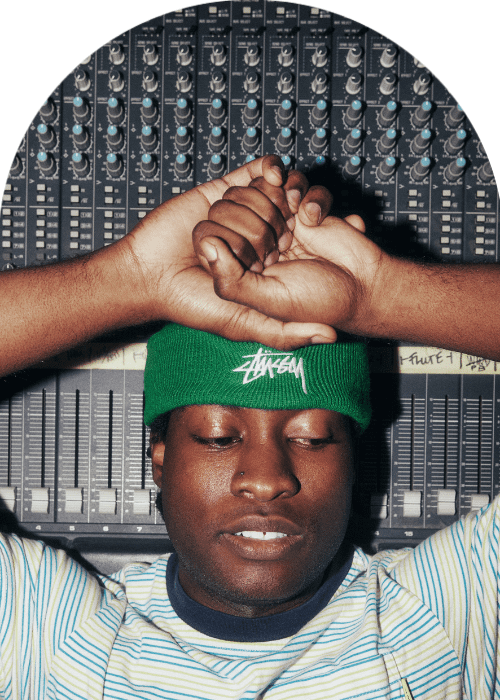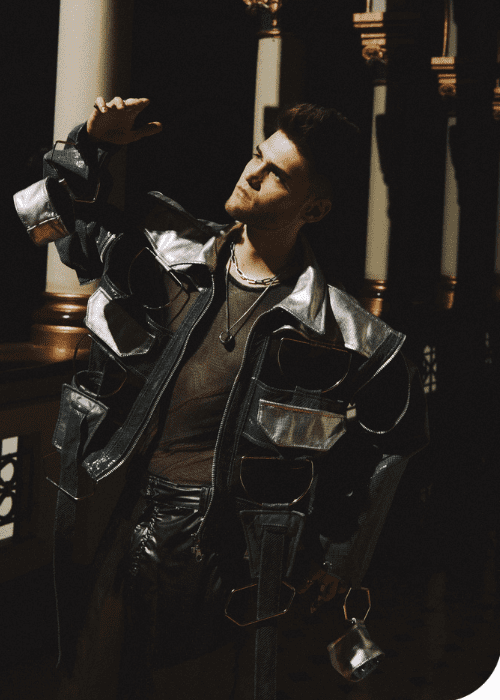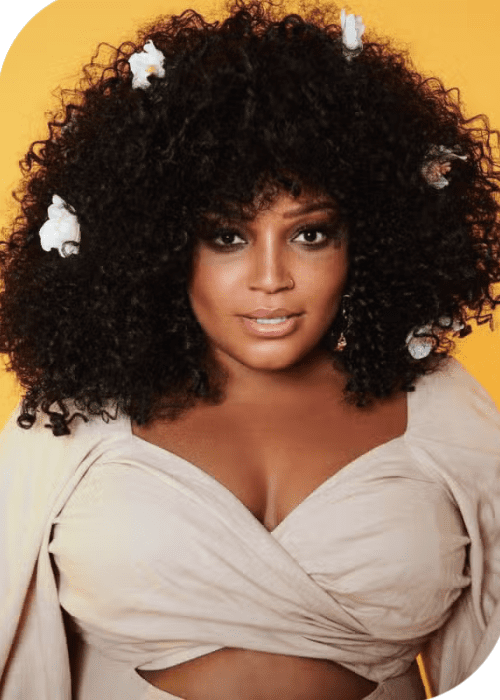
Toby Gad’s Next Chapter Begins Now: Exclusive Interview
With three Grammy Awards and a string of chart-topping hits to his name, Toby Gad has long been one of the most influential songwriters and producers in contemporary music. Known for penning timeless anthems like John Legend’s “All of Me,” Beyoncé’s “If I Were a Boy,” Fergie’s “Big Girls Don’t Cry,” and contributions to Madonna’s Rebel Heart album, Gad has helped shape the emotional core of global pop music for over two decades.
On July 15, Gad took to the stage for a special sunset performance at The Shard in London, joined by guest artists including Paloma Faith, Megan McKenna, Victoria Canal, Ruth Anne Cunningham, the Morassi String Quartet, and many more. The evening marked the release of his latest single, “Run,” co-written with the late Donna Summer, along with three dance remixes that pay tribute to the queen of disco. In this exclusive interview, Toby Gad reflects on his storied career and how he continues to evolve as both artist and producer.
With Piano Diaries, you’re reimagining iconic hits you originally helped bring to life. What inspired you to revisit these songs now?
I was a judge on German Idol recently, and the contestants liked to audition with my songs and wanted to hear the stories behind songs like “All of Me,” which I wrote with John Legend, or “If I Were a Boy,” a song I produced and wrote for Beyoncé, or “Big Girls Don’t Cry,” a song I wrote with Fergie. That prompted me to reimagine those songs with new singers, and I released 16 of my greatest hits recently on an album called Piano Diaries—The Hits, with 17 new singers on a minimalist, timeless piano arrangement with string orchestration.
The album has been received very well, and we are at over 13 million streams now, which, for an independent label, is nice.
It doesn’t compare to the billions of streams of my songs like “All of Me,” but I see that like planting seeds, because many of my songs—many of the hits I’ve had—often took years before they would resonate and spark, and this way I’m bringing a lot of songs into existence to see how they will grow and resonate in the future.
What was the creative process like in selecting which tracks to reinterpret? Were there any songs that surprised you during the reworking?
Yes. I looked at artists who would bring a new spin to the performance of the original hits, and on “Untouched,” I chose Johnny Orlando, a young TikTok star from Canada with 10 million followers. Getting the arrangement for “Untouched” took me many weeks, and I tried many different piano arpeggio arrangements before I settled on the one we have now.
I’m really happy with how the song came along, and we released several remixes, one of which—the B.O.M remix—is now the title music to my popular podcast Songs You Know.
My podcast Songs You Know has been in existence for six months, and we already have over 57 million impressions, with podcast guests like Jessie J, Lauren Christy, and Justin Tranter telling the stories behind the hit songs we know and love.
You’ve won Grammys, achieved Diamond certification, and worked with legends. What does success mean to you now, and how do you maintain creative curiosity after so many commercial highs?
It’s a whole new journey for me now as an artist, reinterpreting my hit songs that were associated with John Legend, Beyoncé, Madonna, and many superstars, but which are equally my songs because we created them together. It feels like an empowering journey to perform these songs with wonderful artists like Megan McKenna, Paloma Faith, Gavin James, and many other great voices out there on stage.
Which artist collaboration on Piano Diaries challenged you in new ways?
I would say that was “Untouched”—probably the one that was the most challenging—but they each challenged me in their own way. With Victoria Justice, a TV star known from her globally successful Victorious show, we released “Big Girls Don’t Cry,” my Fergie song, and we had a lot of fun creating dozens of social media posts.
First, we went hiking together, climbed mountains, and performed the song in the weirdest situations. Even a bachata version we did went viral, with 24 million views on her TikTok channel. That was a wonderful collaboration, and I really enjoyed the exciting times I got to spend with all these 17 artists on my 16 hit songs.
For each of these songs, we created social media content, and for many of them, we did proper music videos.
When people talk about “Toby Gad songs,” what do you hope they mean?
I hope they mean Toby Gad songs are timeless, personal, meaningful, emotional songs that hopefully last for generations and give people a feeling—or, in the case of “Skyscraper,” empowering hope, or in the case of “All of Me,” a backdrop for a long-lasting wedding.
What inspired you to make the pivotal move from Germany to New York City in 2001, and how did that transition shape your career trajectory?
In 2001, I finally made the move from Germany to New York City, and at the beginning, it was very difficult because my publisher initially did not support the move, and I had to find contacts by myself, coming to New York as a complete unknown, even though I already had some accomplishments in Germany.
I began by putting posters on traffic signs asking, “Are you a singer? A young European producer has a studio in Midtown Manhattan,” and I went to many open mics, where I found my first collaborators. I made an album with an artist I found that way and got 100% rejection. But after that, I had a foot in the door, and I knew that with better songs, I could come back to the labels and try my luck.
In 2002, I got to work with Fergie, and we wrote “Big Girls Don’t Cry,” which in 2007—many years later—became her biggest hit and the song that put me on the map globally as a songwriter. That changed everything.
Can you walk us through the moment you realized music production was your calling, and what drove you to pursue it at the highest level?
Well, I would say songwriting was my calling, and music production was just a way to get the songs to the finish line. I’m not too precious about producing the songs—what matters to me is the essence, the bones, the core, and the lyric of each of the songs—and I go to great lengths to get those things right. Sometimes they just flow, like in the case of “If I Were a Boy,” “All of Me,” or “Big Girls Don’t Cry.”
Those songs were written in less than 90 minutes, and the artist and I just had the song come out. During the creative process, we didn’t question each other—every word we threw at each other fit like a puzzle piece, and before we knew it, the songs were completed.
You’ve worked with diverse artists from Fergie to Madonna to John Legend. How do you adapt your creative process to match each artist’s unique voice and vision?
Very often, I am just the conduit, the shrink, the facilitator—the one who channels and brings out an emotion in the artist and turns that into a song. In that sense, I’m not applying a style or a vision of mine onto the song. Rather, I want to empower and enable the artist to bring their vision and experience into a song that can translate that feeling for the audience and become meaningful in their lives.
Having witnessed the music industry transform over two decades, what fundamental changes have most impacted how you approach production and songwriting?
The music industry has transformed dramatically. My first record that was released was a vinyl. After that, we witnessed the CD empire, which made record labels thrive and cash in record profits—profits that were then killed by Napster. After that, downloads on Apple transformed the music industry, which then led to streaming, a much easier way for artists to upload and get their songs heard.
Back in the day, the labels were the gatekeepers who would invest a lot of money to promote a song, which was then placed in various record stores, hoping that the audience would walk into these stores and buy the pieces of plastic on which the song could be listened to.
Nowadays, any artist can put out their work on DistroKid, and I appreciate the direct contact of the artist with the audience, which—through social media—can give the audience a much different connection to the artist and allow the artist to be completely uninhibited by the opinions of labels and gatekeepers.
Toby Gad might have written some of the biggest ballads of the century, but don’t get it twisted, he’s not stuck in the past. With Piano Diaries – The Hits and a brand-new single, “Run,” co-written with none other than the late Donna Summer, Toby Gad is stepping back into the spotlight with fresh momentum and fearless versatility. His recent set at The Shard proved that even after decades of chart domination, he’s still got the edge, the ears, and the emotional punch to move a crowd.



